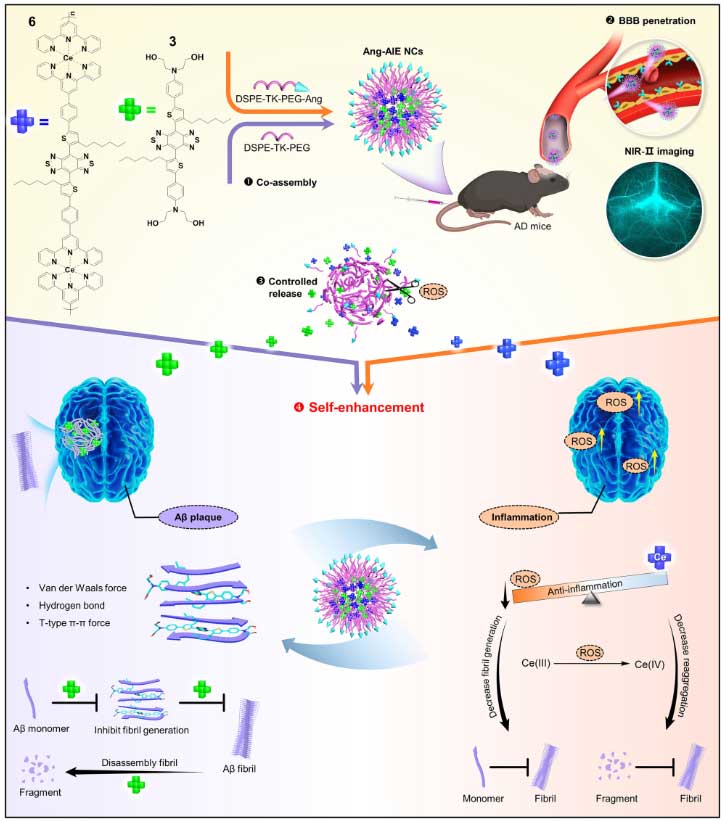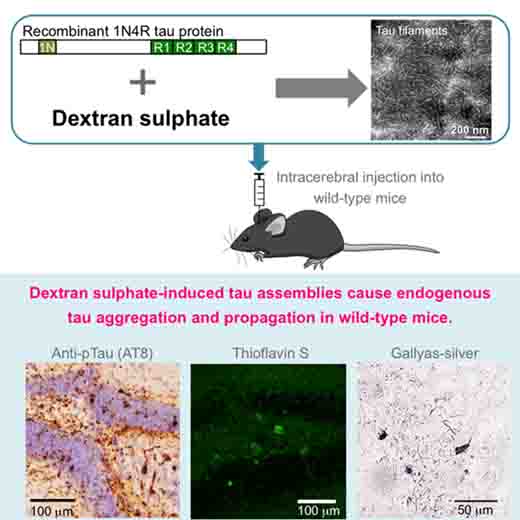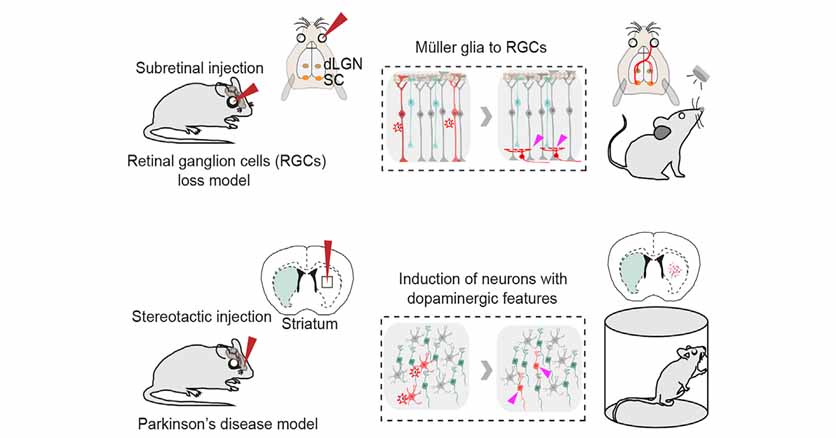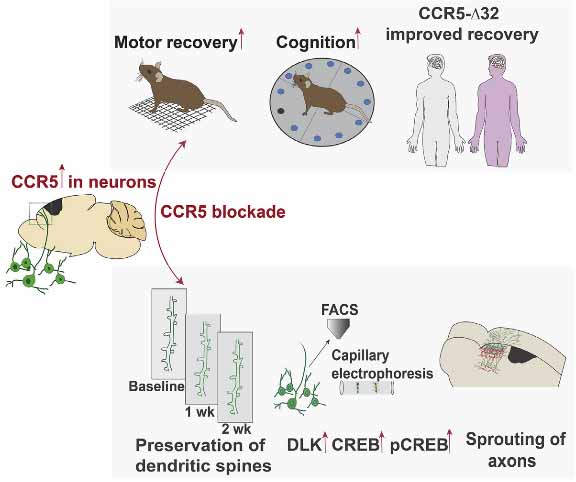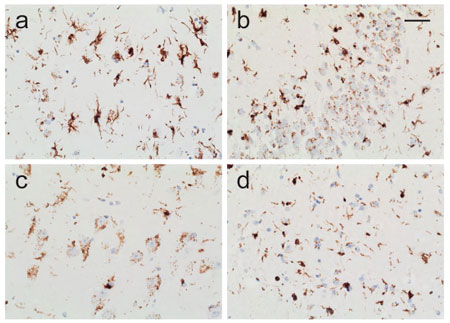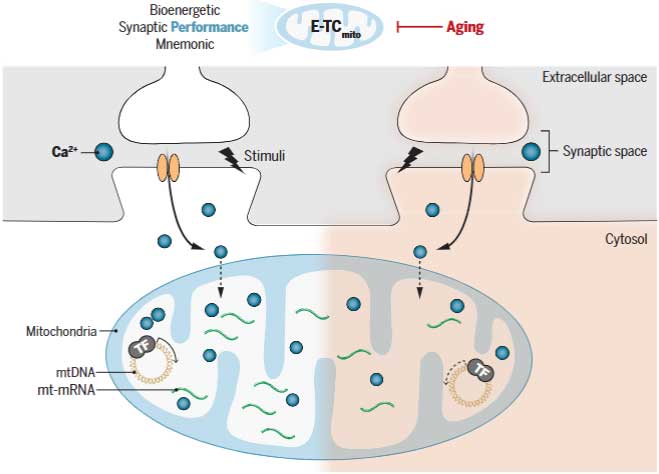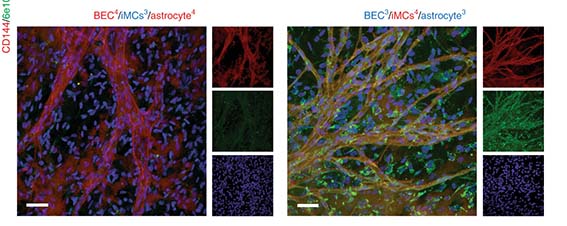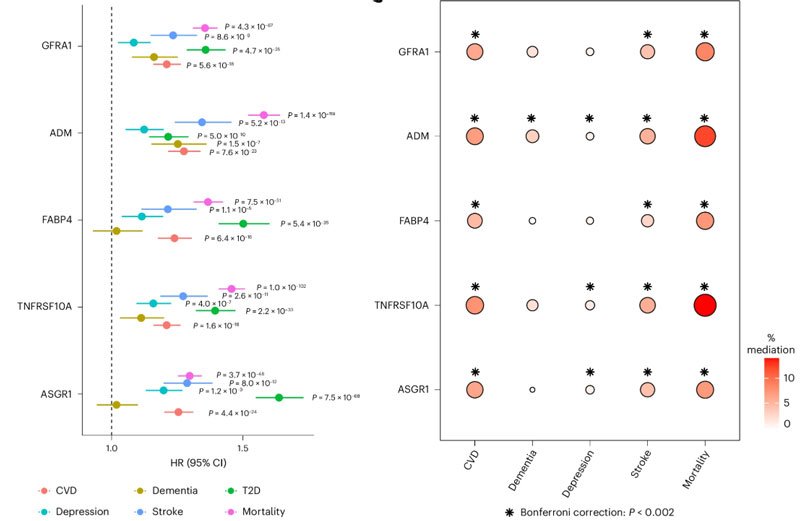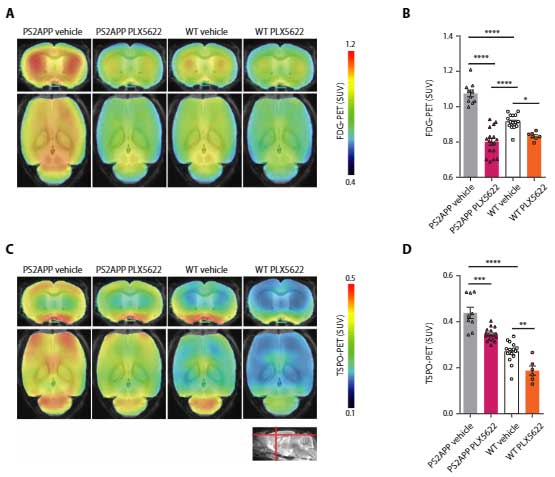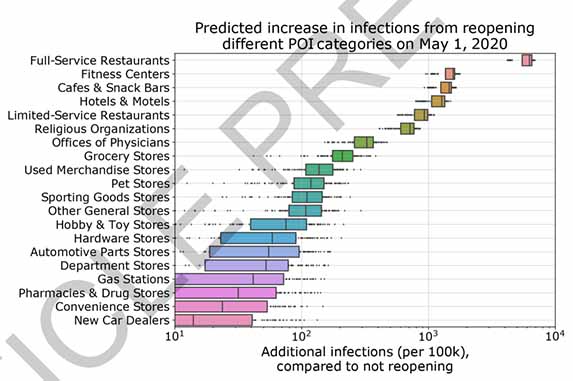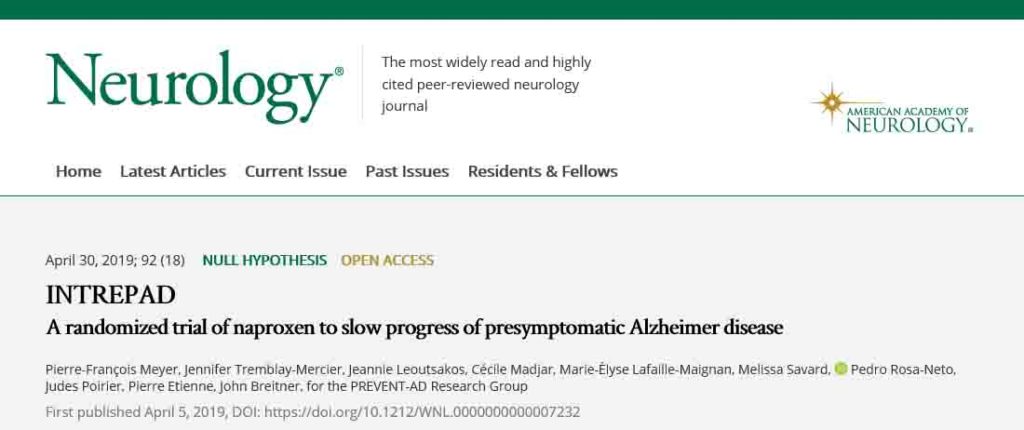
疫学的には、非ステロイド抗炎症薬(non-steroidal anti-inflammatory drugs: NSAIDs) は認知症の発症を予防できる可能性が示唆されてきた。
けれども、今まで多くのNSAIDsの認知症への治験が失敗に終わっている。
カナダMcGill大学のJohn Breitnerらは、アルツハイマー病(Alzheimer\'s disease: AD)のリスクのある、認知機能が正常な60代の男女を対象に、naproxenを投与し、2年間追跡するコホート研究を行った。
この研究は、INTERPAD(Investigation of Naproxen Treatment Effects in Pre-symptomatic Alzheimer’s Disease)と命名されている。
Objective To evaluate the safety and efficacy of low-dose naproxen for prevention of progression in presymptomatic Alzheimer disease (AD) among cognitively intact persons at risk. Methods Investigation of Naproxen Treatment Effects in Pre-symptomatic Alzheimer's Disease (INTREPAD), a 2-year double-masked pharmaco-prevention trial, enrolled 195 AD family history–positive elderly (mean age 63 years) participants screened carefully to exclude cognitive disorder (NCT-02702817). These were randomized 1:1 to naproxen sodium 220 mg twice daily or placebo. Multimodal imaging, neurosensory, cognitive, and (in ∼50%) CSF biomarker evaluations were performed at baseline, 3, 12, and 24 months. A modified intent-to-treat analysis considered 160 participants who remained on-treatment through their first follow-up examination. The primary outcome was rate of change in a multimodal composite presymptomatic Alzheimer Progression Score (APS). Results Naproxen-treated individuals showed a clear excess of adverse events. Among treatment groups combined, the APS increased by 0.102 points/year (SE 0.014; p
INTERPAD
方法
家族歴にADを持つ195人(平均年齢63歳)に認知機能テストをおこない、無作為に二つのグループに分けた。
1つのグループはnaproxen 220 mgを1日2回投与され、一方のグループはプラセボを投与された。
評価は、
- イメージング(MRIやCBF)
- 神経所見
- CSFバイオマーカー(タウ濃度、Aβ濃度)
などで行い、Alzheimer Progression Score(APS)を算出した。
結果
Naproxenを投与された群では、副作用の頻度(消化器症状、点状出血、血圧上昇etc.)が多かった。
APSは、naproxen群もプラセボ群と同じように増悪し、両群で有意差はなかった。
結論
このINTERPAD試験は、エビデンスレベル1である。
認知機能正常な人が低用量のnaproxenを1日2回内服し続けると、ADの発症前のインディケーターの進行を防ぐ事はできず、副作用の頻度が増すだけだった。
My View
以前も炎症とADについて触れたように(こちら)、個人的にはNSAIDsのAD発症予防効果を期待していたのですが、数々の治験が失敗しており、残念です。
ここ10-15年のNSAIDs治験失敗の結果を受けて、「NSAIDsとADの臨床研究はこれで幕を閉じた」と言っている研究者も多いようです。
疫学データからは、NSAIDsに期待できる何かがあるように思っていたのですが、なかなか思うようにはいかないですね。

